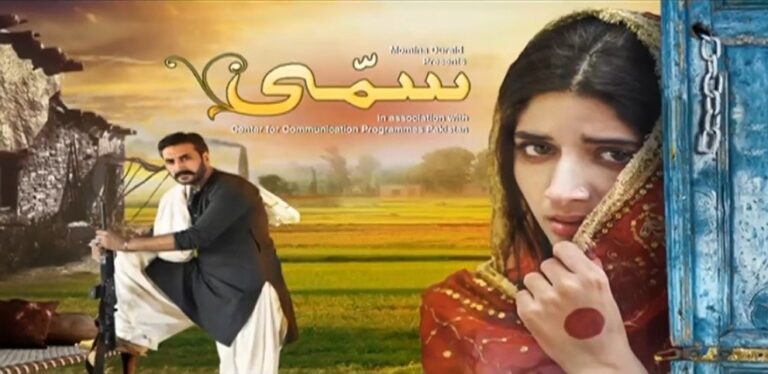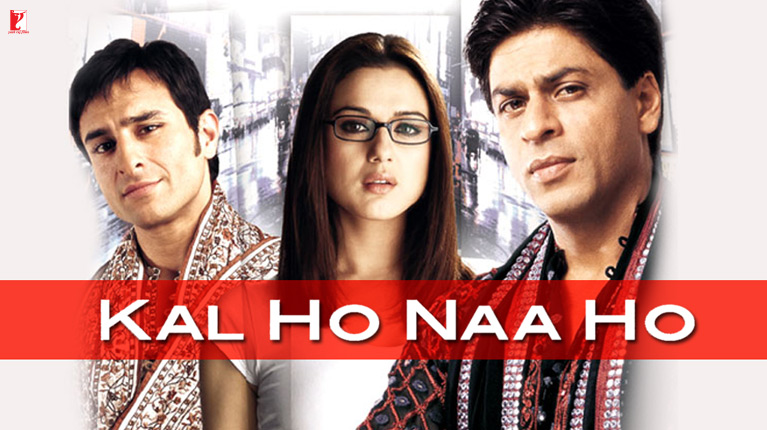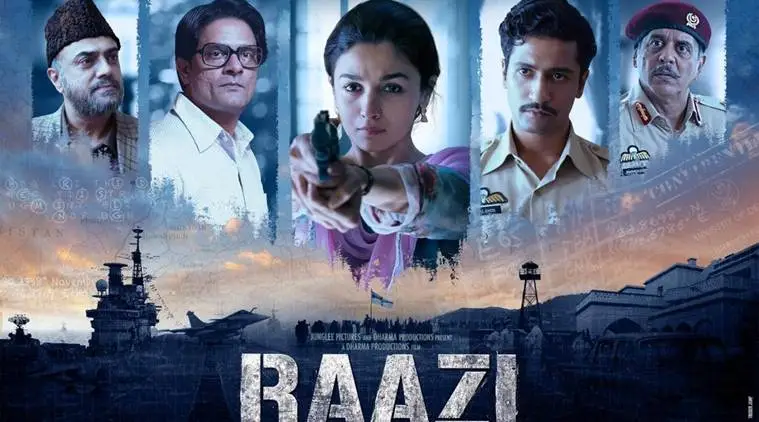Wafa Lazim To Nahi Drama Review: Wafa Lazim To Nahi, a thought-provoking Pakistani drama, delves into the complexities of love, societal expectations, and the courage to make unconventional choices. It challenges traditional narratives of love and marriage, prompting viewers to question societal norms and redefine what it means to find true happiness.

Characters:
- Mahira (Fawzia Mushtaq): The protagonist, Mahira, embodies strength and independence. She defies societal pressures and embarks on a journey of self-discovery, challenging traditional notions of love and marriage.
- Daniyal (Javed Sheikh): Mahira’s childhood friend and confidante, Daniyal, represents unwavering support and understanding. He offers Mahira a safe space to express herself and challenges her to follow her heart.
- Saad (Adnan Siddiqui): Mahira’s love interest, Saad, represents societal expectations and the pressure to conform. He embodies the traditional ideal husband but struggles to understand Mahira’s unconventional desires.
- Shabana (Marina Khan): Mahira’s conservative mother, Shabana, represents societal pressures and prioritizes social standing over her daughter’s happiness.
Plot Summary:
The story revolves around Mahira, a young woman raised with traditional values who finds herself at a crossroads. Despite societal expectations for her to marry, Mahira hesitates to commit to a conventional marriage. She yearns for a partnership based on mutual respect, understanding, and shared goals, a concept not readily embraced in her conservative society.
Mahira finds solace and emotional support in her childhood friend, Daniyal. Daniyal understands Mahira’s unconventional desires and encourages her to pursue her dreams and happiness, even if it means defying societal norms. As the story progresses, Mahira enters into a relationship with Saad, a man who embodies the traditional ideal husband.
However, Mahira soon realizes that Saad’s expectations for their relationship are rooted in traditional gender roles, which clash with her desire for an equal partnership. Torn between societal pressures and her own evolving desires, Mahira grapples with a difficult decision.
Themes:
Wafa Lazim To Nahi explores several profound themes that resonate with the audience.
- Love and Societal Expectations: The central conflict arises from Mahira’s quest for love that transcends societal expectations. The drama challenges the notion that marriage is the ultimate goal for women and explores the possibility of finding fulfillment outside of traditional marital structures.
- Women’s Independence and Choice: The narrative emphasizes the importance of women’s independence and the right to make choices about their lives, including the choice to remain unmarried. Mahira’s journey represents the courage to defy societal pressures and prioritize personal happiness.
- Friendship and Support: The drama highlights the importance of having a strong support system, particularly when navigating unconventional paths. Daniyal’s unwavering friendship provides Mahira with the courage and confidence to make her own choices.
- Redefining Happiness: The play challenges viewers to redefine what happiness means in the context of love and relationships. Mahira’s story suggests that happiness can be found outside of traditional marriage, prompting viewers to question societal norms and explore alternative definitions of fulfillment.
Performances:
The brilliance of Wafa Lazim To Nahi lies not only in its thought-provoking story but also in the exceptional performances by the cast. Fawzia Mushtaq delivers a powerful portrayal of Mahira, capturing the character’s strength, vulnerability, and unwavering spirit. Javed Sheikh embodies the supportive and understanding nature of Daniyal, while Adnan Siddiqui effectively portrays the limitations of Saad’s traditional perspective. Marina Khan delivers a convincing performance as the conservative mother, Shabana.
Cinematography and Direction:
The drama’s visual storytelling complements the narrative beautifully. The use of soft lighting and symbolic imagery creates a contemplative atmosphere that reflects Mahira’s internal struggles. The director’s skillful execution creates a captivating atmosphere that draws the audience into Mahira’s world and her quest for self-discovery.
Critique:
While Wafa Lazim To Nahi is a thought-provoking drama, some aspects could be explored further. The societal pressures that shape Shabana’s perspective and her resistance to Mahira’s choices could be delved into deeper. Additionally, the ending, while showcasing Mahira’s courage and independence, might leave some viewers wanting a clearer picture of the long-term implications of her decision.
Conclusion:
Wafa Lazim To Nahi is a timeless drama that sparks conversations about love, societal expectations, and the importance of following one’s heart. It is a compelling story of a woman who dares to redefine happiness and challenges the status quo. The exceptional performances, coupled with a powerful storyline and masterful direction.
Share this content:













+ There are no comments
Add yours